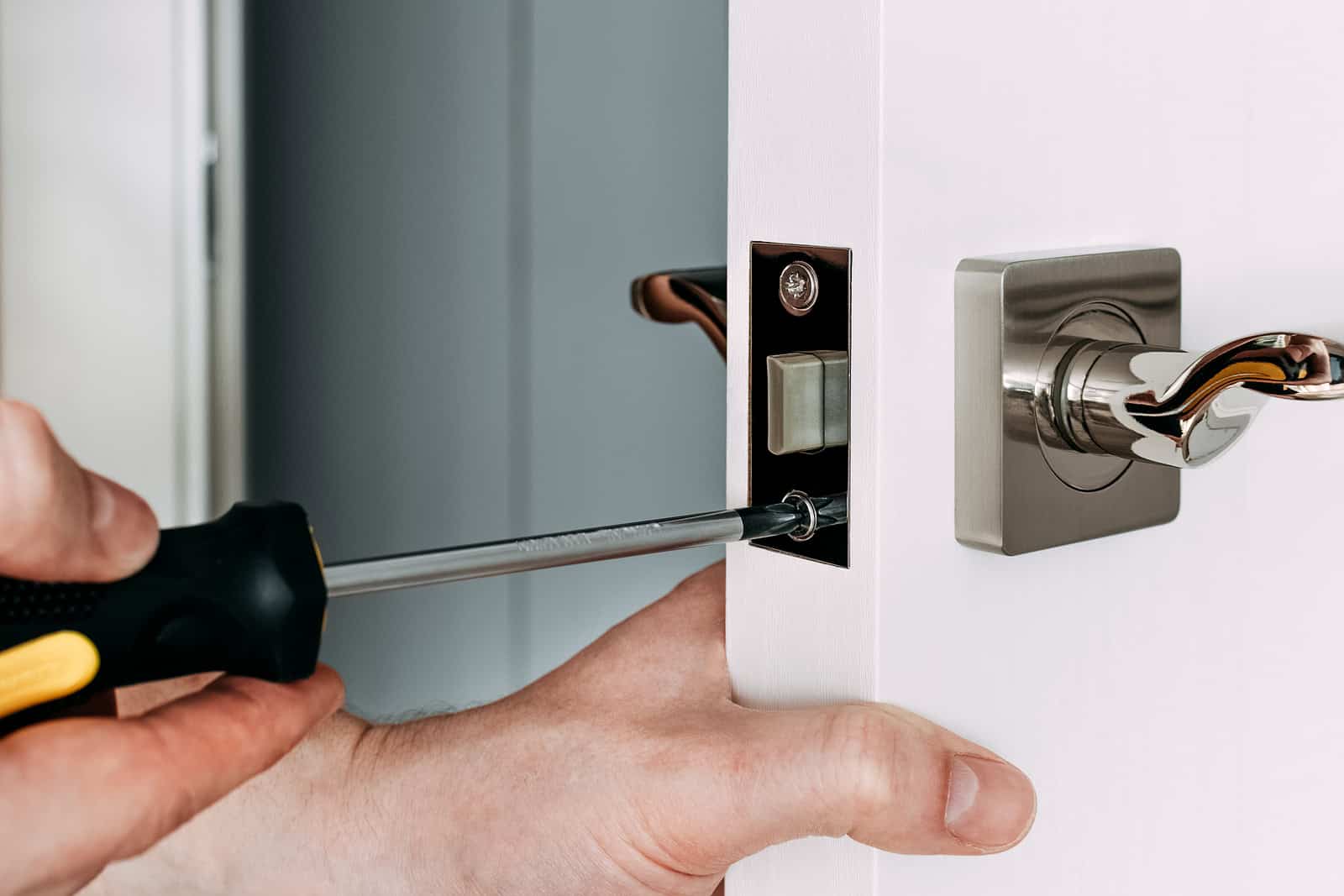
The REDBOOK contains a wealth of legal information for multifamily housing owners and operators. You probably consult your REDBOOK when you have a question about the TAA Lease and addendums or if you have a fair housing or tricky eviction case. However, the REDBOOK is way more than legalese. In fact, it contains a lot of very real-world, practical information and guidance.
This month, we will look at REDBOOK’s ten commandments for dealing with resident maintenance requests. It does not get more practical than that!
We all know the importance of prompt and proper maintenance: resident retention, asset preservation, and improved NOI. Selfishly, doing it right the first time is cheaper than making it right the second time. Like all customers, our residents rarely make social media posts about positive responses to their maintenance needs; but slow and insufficient action becomes instantaneous social media fodder.
We expect excellence in our service teams. Use the below REDBOOK top ten tips as a checklist to ensure your onsite teams exceed your expectations. This list is not comprehensive, but it contains excellent Thou Shall and Thou Shall Nots that improve your and your onsite teams’ lives. It is not a sin to break one of the below, but it sure can be hell if you do!
- 1st Commandment: Quickly respond to maintenance requests.
- 2nd Commandment: Precisely document repairs.
- 3rd Commandment: Get it from the proper authority.
- 4th Commandment: Key control is key.
- 5th Commandment: Keep company business confidential.
- 6th Commandment: Do not fraternize with residents.
- 7th Commandment: Always be professional.
- 8th Commandment: Report lease violations.
- 9th Commandment: Do not address security concerns.
- 10th Commandment: Treat all residents the same.
Texas law (property code section 92.052) requires property owners to make a diligent effort to repair, replace, and/or remedy conditions that affect a resident’s health or safety. We are all learning to navigate the business reality forced upon us by social media and rising rents, including how to provide timely maintenance service. This law does not mandate maintenance to be performed within a rigid timeframe; rather, it holds property owners to a “reasonableness” standard (generally a seven-day limit). In other words, make a good faith effort to address the request within a week. Do not delay or procrastinate.
Whether using online resident portal software or taking orders over the phone, each work order should designate what work was done and whether the problem was resolved. All work orders should be dated. The name(s) of the maintenance personnel performing the work should be clearly printed. The technician(s) should also sign the work order. The supervisor (or manager) should be notified immediately if the problem was not resolved. Work orders provide an essential source of information. When owners attempt to defend against a claim that work was not performed properly or in a timely fashion, work orders provide the documentary evidence necessary to defend the case. Problems develop when the work orders are not legible or do not contain the appropriate information.
Ensure that you have written instructions about who can submit a service request, how a maintenance request is submitted, and who on your onsite team assigns work orders; this allows your teams to effectively and efficiently complete a maintenance request.
All onsite employees, especially maintenance personnel, must follow instructions regarding taking and returning keys and giving keys to others. Units should never be left unlocked or open, and keys should be returned immediately after leaving a unit. Keys should not be taken off the property on lunch breaks or given to other vendors or contractors. Obviously, keys should not be given to unauthorized personnel. Additionally, unauthorized persons should never be allowed in a unit, even when accompanied by maintenance personnel.
As our industry adapts to keyless entry, smart locks, and the internet of things, be sure your maintenance policies and procedures reflect these changes. Also, be sure your onsite office and maintenance teams are trained in the proper use of these technologies.
Keep your internal company business confidential. For example, suppose maintenance personnel does not have a good relationship with the manager or other office staff. In that case, residents should not be used as “sounding boards” for the maintenance personnel to vent interoffice frustrations, as this will come back to haunt you. The business of one resident should never be discussed with another resident. Generally, residents in a community love to talk about each other. Maintenance personnel should not fuel the resident’s desire to gossip.
The primary concern with fraternizing with residents (your customers) is not because you are friends (or girlfriend or boyfriend) with the resident; it only becomes a problem when you cease being friends (or break up). Also, getting too “social” with your residents may cause its own set of problems. For example, meeting a resident after work hours at the local watering hole may seem like a fun bonding experience; however, this is a clear violation of commandment No. 5 (see above).
Do not lend residents money. Do not borrow from residents. Do not drive residents to the grocery store, even though you think you are just being helpful. Refrain from assisting residents in carrying groceries or other packages from their vehicle to their apartment. Do not “watch” their children or pets for “a minute” while your resident is on the phone, briefly walking over to a neighbor’s apartment, or going to the laundry room to check on their clothes. Even if the resident has lived at the property for more than a decade, remember: “friendly” residents will seek favors and want special treatment. Always maintain professionalism. Remember, you and your company want to portray a professional owner/resident relationship with your residents. The second this philosophy is not followed, it puts you in jeopardy. Acting in a hostile, abusive, rude, or argumentative manner toward residents will be detrimental to maintaining a professional, business-like relationship with residents. If residents act in an abusive or hostile fashion (as they do on occasion), do not respond in kind; instead, leave the scene and advise the manager of the resident’s conduct.
Report violations of leases or rules. Maintenance personnel are often on the front line of resident complaints. They are also on the front line with respect to witnessing resident violations. Report drug paraphernalia in a unit; report unauthorized occupants; note parking violations; report rude, abusive, and offensive behavior; and other potential lease violations. Maintenance personnel should be well informed on what to do when violations are witnessed.
Do not address security concerns. If residents are concerned about their security, residents may seek advice from anyone who works in the apartment community. Neither management nor maintenance can represent or infer any type of police protection provided by the owner or manager of the community. Maintenance personnel should refer security-related questions to management personnel, who should be trained to respond in an appropriate fashion. If there is an emergency, residents should call 911.
Treat all residents equally. Maintenance personnel should be instructed to comply with all fair housing laws. Residents should not be discriminated against based on race, color, religion, sex, familial status, handicap, or national origin. All fair housing questions, such as requests for reasonable accommodations or modifications, should be referred by the maintenance personnel to management.
Finally, suppose residents threaten legal actions dues to perceived omissions to maintenance requests or alleged improper maintenance personnel actions. In that case, AATC members are encouraged to immediately contact one of our member attorneys using the following link: https://www.aatcnet.org/legal-services-program. As multifamily owners/operators, our best assets wear work boots: our maintenance teams. They are our superheroes. Let’s help them help our residents to live in a well-maintained home and community.
Nicole Zaitoon, Allied Property Management, is AATC’s 2022 Government Affairs Committee Chair and a member of AATC’s Board of Directors.
